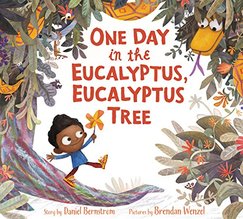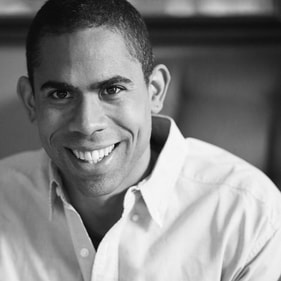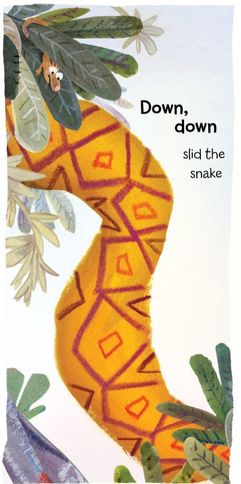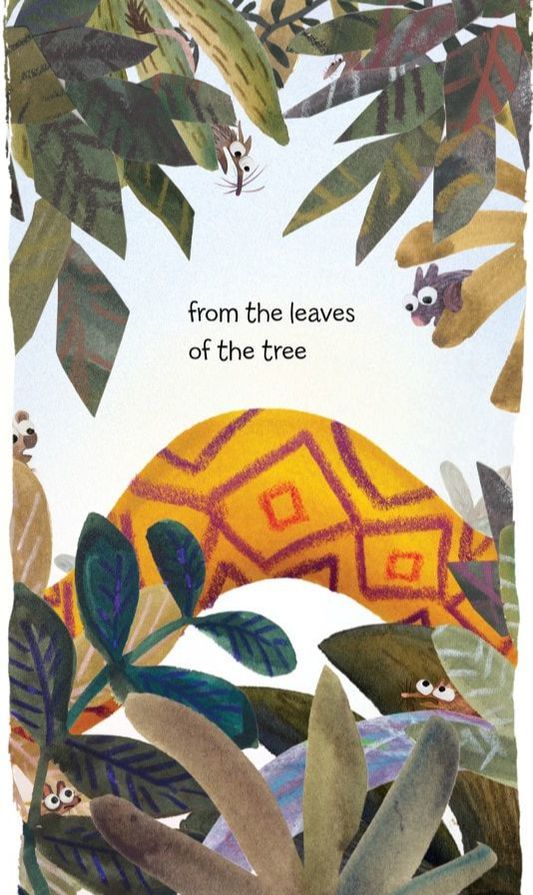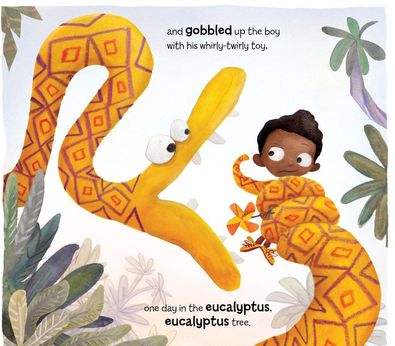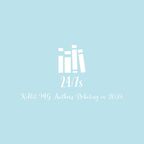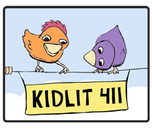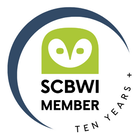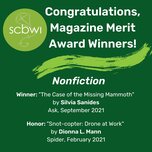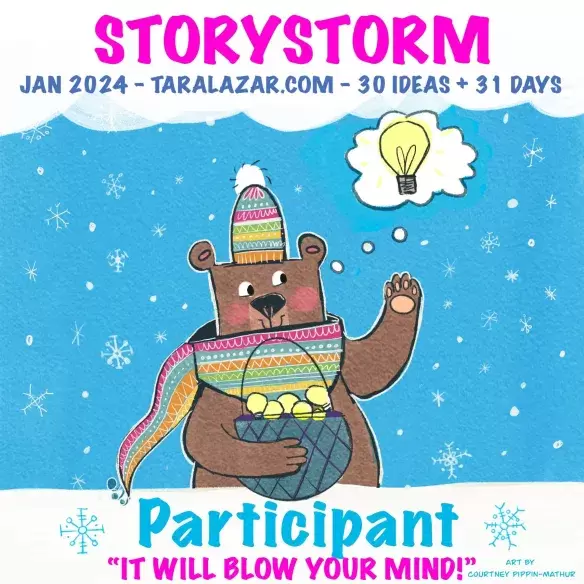Interviewing Daniel Bernstrom, Rhythmic Author of
ONE DAY IN THE EUCALYPTUS, EUCALYPTUS TREE!
Welcome, Daniel! | Tell us a little about yourself and how your journey to becoming a children's author began. You might say that I began my journey as a picture book writer when I was in first grade. My first-grade teacher had the class do an exercise where we wrote our own story and bound our own book. (My mother still has these little picture books.) My love of stories and reading intensified in second grade, and I kept telling stories throughout my primary and secondary education: I wrote short stories, plays, and picture books for my little brothers. But it wasn’t until my freshman year in college that I wrote my first novel. I remember an instructor telling me, “You could do this for a living.” My first novel was a young adult science fiction thriller (this book is buried in some long forgotten desk drawer). In my heart, I thought I was a young adult fiction writer. I wrote four more novels—all unpublished—thinking that I was all cool and trendy. Nothing happened. I didn’t get anywhere. So, I did what all lost writers do; I applied to graduate school. It was in graduate school, (I received my MFA in Creative Writing from Hamline University) where I realized that I enjoyed writing picture books. I know this is a rather anticlimactic ending, but the moral of the story is to be open to writing anything—even picture books. You never know where your talents may lie. |
I wrote ONE DAY IN THE EUCALYPTUS, EUCALYPTUS TREE while I was attending graduate school and after I had just gotten back from a trip to Northern California, a coastal land where the eucalyptus tree grows like a weed. In order to help pay the bills, I worked as a janitor at my wife’s preschool. It was during those late hours until 11:00 p.m. and sometimes past midnight that I would make up silly songs to pass the time. As it happened, a silly song bounced around in my head as I was vacuuming up tiny little playground pebbles: “One day in the eucalyptus, eucalyptus tree, hung a scare in the air where no eye could see, when along skipped a boy with a twirly-whirly toy to the shade of the eucalyptus, eucalyptus tree.” And perhaps, as you read that line, you can imagine me moving through the preschool and including into my silly song various, haphazard stuffed animals that were housed on the shelves.
| Your book has an incredible sense of rhythm that resonates with kids and is really fun to read aloud. How do you find the "beat" of a story? What inspires your musicality with words? Writing in rhyme is one of the hardest things ever! Frankly, I feel like an impostor poet, like I don’t write poetry the right way. So please be warned, if you read One Day in the Eucalyptus Tree and expect to find a symphony of words carefully wielded by a master-writer bent over his keyboard, I fear that you will be sorely disappointed, though Dionna disagrees with that assessment. I was told in graduate school that writing comes from who we are, from the compost pile of our lives. Writers don’t need to be brilliant, they just need to be themselves, and… be kind to themselves. My sense of rhythm came from my years of singing. I sang throughout middle school and high school, I sang in college. |
What is one of the biggest challenges you face as a children's author, and how do you overcome that challenge?
One of the biggest challenges is finding the strength to try again even when you fail. I fail a bunch. Just ask my editor and my agent. Sometimes I wonder if they'll ever get sick of me and kick me to the curb. I spend months, even years writing a picture book, and when that picture book doesn’t work, there is an amazing sense of loss. Usually, after a manuscript gets rejected, I can’t write for one to two weeks. I’ve learned that this is okay. I’ve learned that the sting of loss is normal. As social scientist Brene Brown admonishes in her book Rising Strong, a loss must be addressed and emotional wounds must be allowed time to heal. Only when we can acknowledge the pain and allow time for healing can we stand up and try again.
I am working on a bunch of projects. Like a musician playing music to soothe his soul, so I write for the love of writing. My graduate instructor, Phyllis Root, called such a lifestyle of writing “play.” I think of her often when I write. When I had the honor of studying under her at Hamline University, she never told me my writing was crazy or stupid, she just let me play and believed something wonderful would happen in that space between my heart and the page.
This philosophy is important, because sometimes what I think is awesome isn't, and sometimes what I think is stupid is awesome. The best thing I can do is just write and let the chips fall where they may. I never know when a picture book will pop into my head. I always try to write it down. So, of the five picture books I’m writing now, I don’t know if you’ll see one or all of them. I’ve learned, or, I’ve come to learn that such a process of creativity is okay. Artists can’t stop creating. It’s what we can’t help doing. It’s what I can’t help doing.
